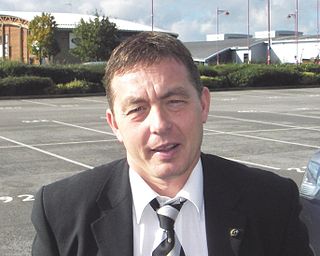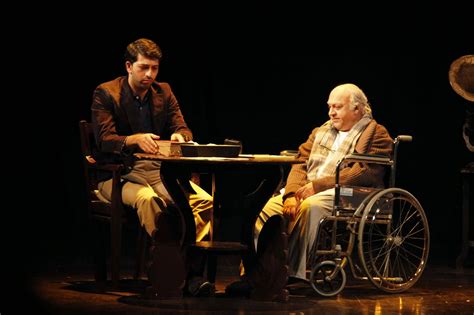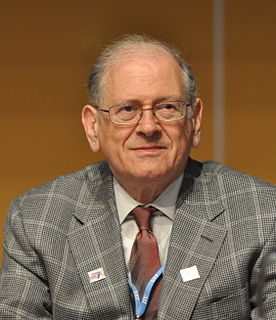A Quote by Alex Gibney
In a busy world, even as information is moving so rapidly, we have to learn who to trust in that regard even as we ourselves have to become more critical of the people who we want to trust. It's a weird situation.
Related Quotes
I would like to see transparency become the default for the American government: Abolish the Freedom of Information Act so we don't have to ask government for information but government must ask to keep information from us. The more transparent government is, the more collaborative it can become. The more our officials learn to trust us - with information and a role in government - the more we can trust them.
When the trust is high, you get the trust dividend. Investors invest in brands people trust. Consumers buy more from companies they trust, they spend more with companies they trust, they recommend companies they trust, and they give companies they trust the benefit of the doubt when things go wrong.
If you want to learn anything, learn trust - nothing else id needed. If you are miserable, nothing else will help - learn trust. If you don't feel any meaning in life and you feel meaningless, nothing will help - learn trust. Trust gives meaning because trust makes you capable of allowing the whole descend upon you.
Trust, like love, is a word that has great power Everybody deserves their own space, in their own time. You are even entitled to keep secrets. But it is not secrets that destroys things, suspicion does. For it may take many years to build trust, sometimes.. all it takes is suspicion, you don't even need proof to destroy trust. So, if you say you can trust someone, you're admitting to something that is even greater than love. Trust, like love, is a word that has great power.
The average person can’t really trust anybody. They can’t trust a broker, because the broker is interested in churning commissions. They can’t trust a mutual fund, because the mutual fund is interested in gathering a lot of assets and keeping them. And now it’s even worse because even the most sophisticated people have no idea what’s going on.
Our growing addiction to the Internet is impairing precious human capacities such as memory, concentration, pattern recognition, meaning-making, and intimacy. We are becoming more restless, more impatient, more demanding, and more insatiable, even as we become more connected and creative. We are rapidly losing the ability to think long about any- thing, even those issues we care about. We flit, moving restlessly from one link to another.
I believe in the not-too-distant future, people are going to learn to trust their information to the Net more than they now do, and be able to essentially manage very large amounts and perhaps their whole lifetime of information in the Net with the notion that they can access it securely and privately for as long as they want, and that it will persist over all the evolution and technical changes.






































